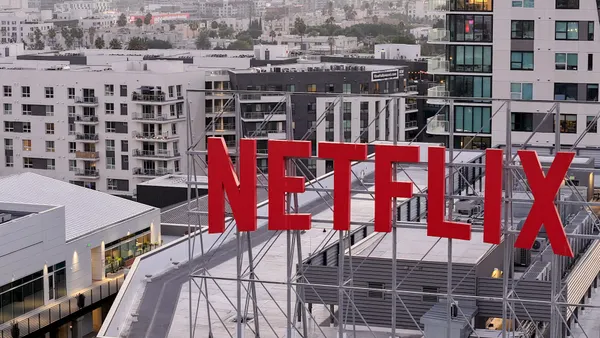Dive Brief:
- Radius’ 2016 B2B Demand Generation Benchmark Study survey found that predictive analytics made a difference for B2B demand generation.
- Respondents who applied predictive analytics to demand gen met objectives 55% of the time compared to 30% for B2B marketers not using analytics.
- "The marketing role is, now, more than ever, that of a revenue driver. Marketers are increasingly tasked with helping sales improve close rates," Katie Gregorio, senior director product marketing at Radius, said in a statement.
Dive Insight:
"The research explored what makes a demand generation process effective. Interestingly, four of the top five barriers to achieving revenue objectives are associated with the top of the funnel. As a result, marketers who focus on data accuracy and use predictive marketing typically have a more effective demand generation process," Gregorio explained.
Not surprisingly, the report also found that data was key to demand gen success with 80% of marketers reporting “ineffective” demand gen processes also reporting that data quality had a moderate to significant impact on marketing campaigns or sales efforts. The study revealed a divide in predictive analytics in that 44% of respondents reported understanding predictive analytics well, but only 11% reported actually implementing or using the data parsing process.
Demand, or lead, generation is a major activity and KPI for B2B marketing. It has shifted from a numbers game of sheer quantity of leads generated to a more nuanced idea of generating higher quality leads basically tracking the advent of digital marketing. Given these results from Radius’ survey, marketers and sales teams alike should welcome data and predictive analytics into demand generation campaigns.












